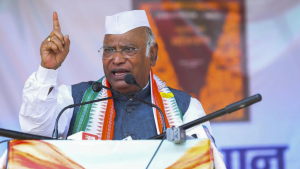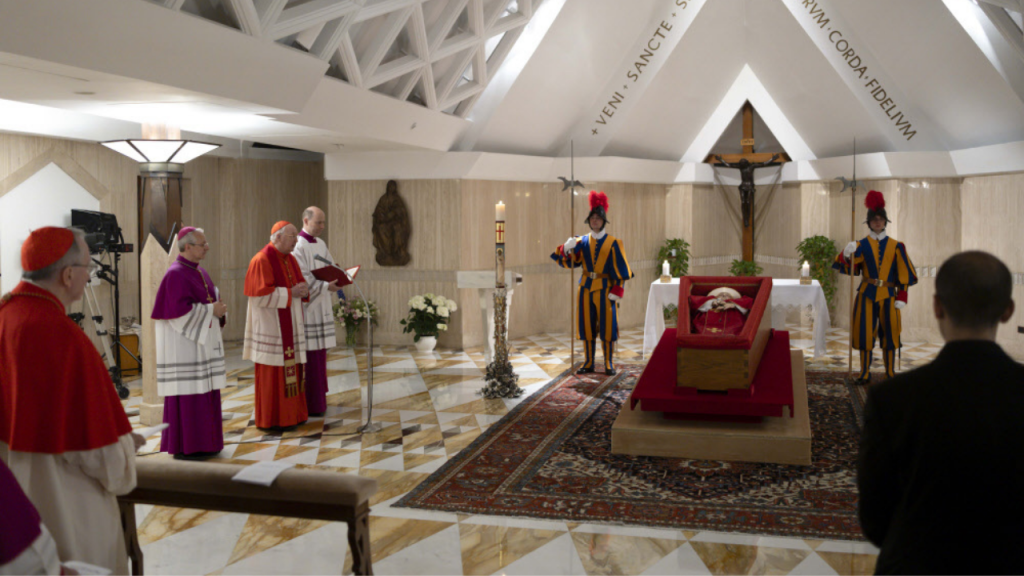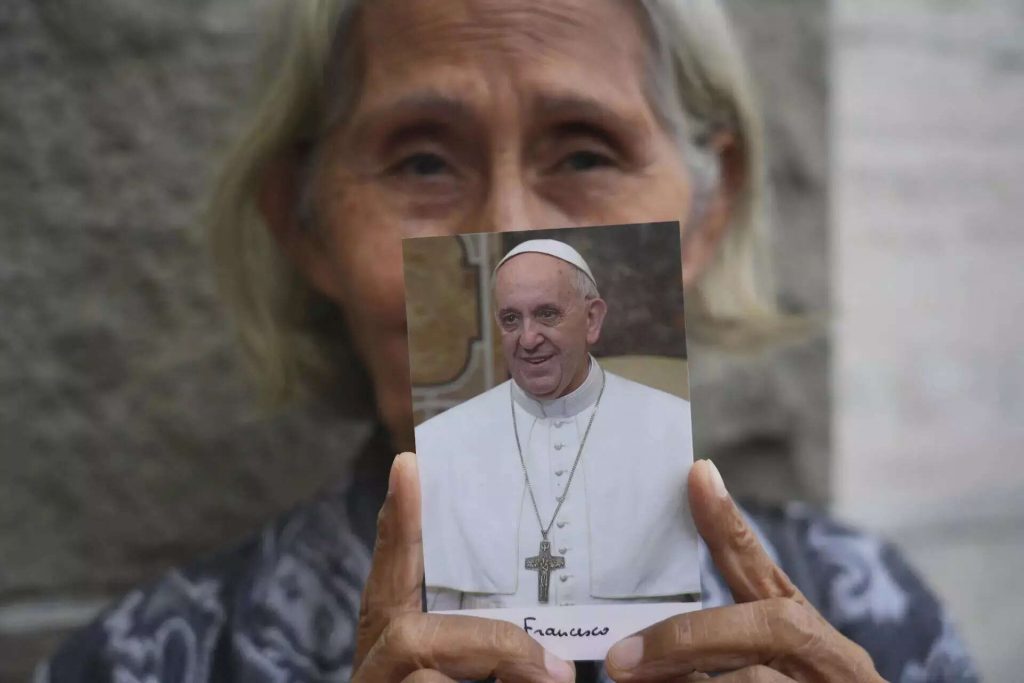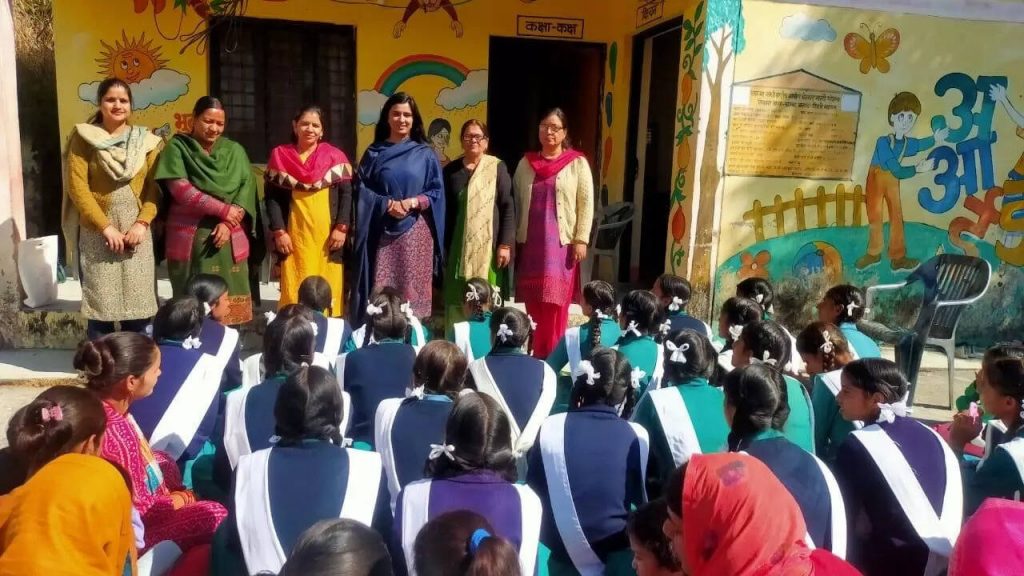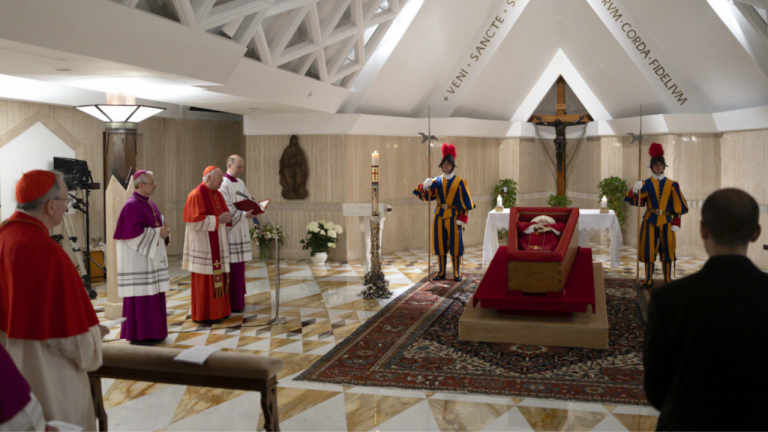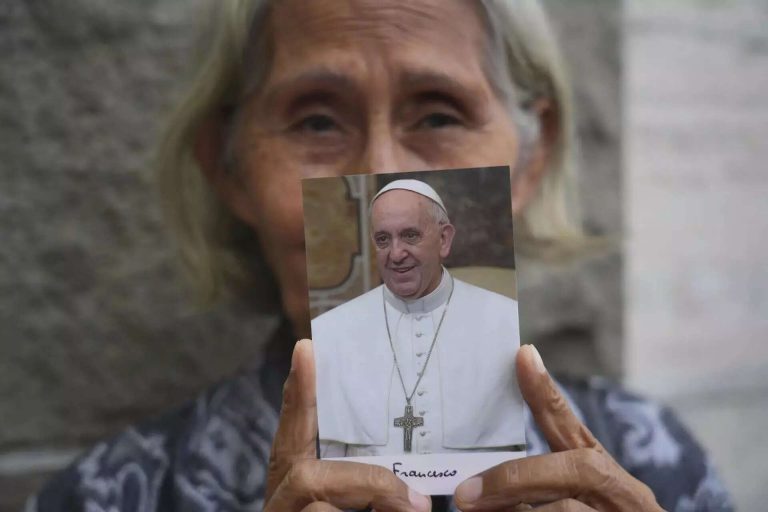In a recent development, the Delhi High Court has criticized Ramdev, the owner of Patanjali, for his contentious comments regarding Hamdard’s popular product Rooh Afza, which he referred to as “Sharbat Jihad.” The court strongly condemned his statements, deeming them unjustifiable and alarming. The counsel representing Hamdard argued that Ramdev’s remarks not only fueled communal tensions but also amounted to hate speech as they targeted Hamdard on religious grounds. This incident has sparked a debate on the boundaries of free speech and the responsibilities that come with it, especially for public figures like Ramdev. The court’s reprimand serves as a reminder of the importance of maintaining respectful discourse and avoiding language that can incite discord among communities. It also highlights the need for vigilance against any form of speech that could potentially contribute to religious or social unrest. Ramdev’s remarks have drawn widespread criticism and raised concerns about the impact of inflammatory rhetoric in a diverse and multicultural society like India. This case underscores the significance of upholding harmony and tolerance in public discourse while also respecting the diverse cultural heritage of the country.
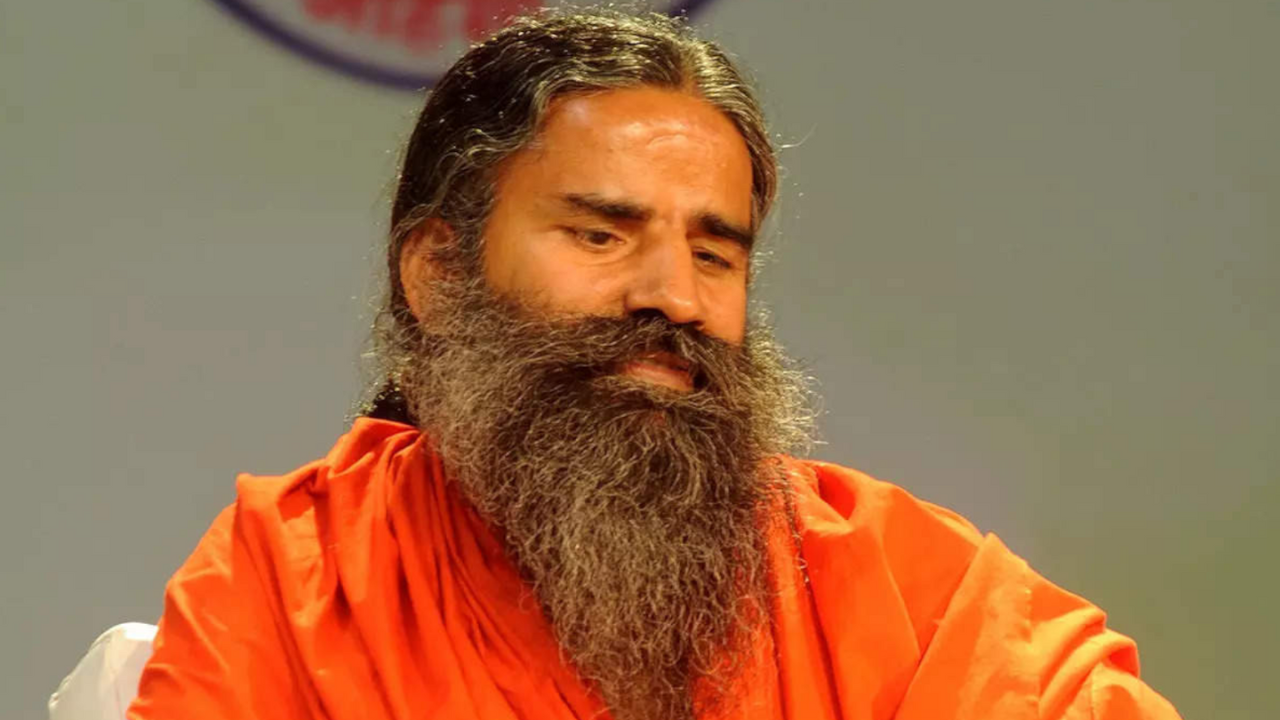
Posted in
JUST IN
Delhi High Court scolds Ramdev for “Sharbat Jihad” comments on Rooh Afza, labeling them indefensible and shocking.
In Trend

Karnataka Ex-DGP murdered by wife in Bengaluru home over alleged abuse, property dispute. Daughter’s involvement unclear. Investigation ongoing.
